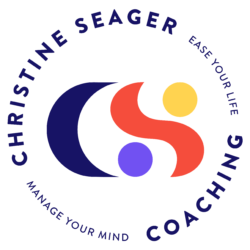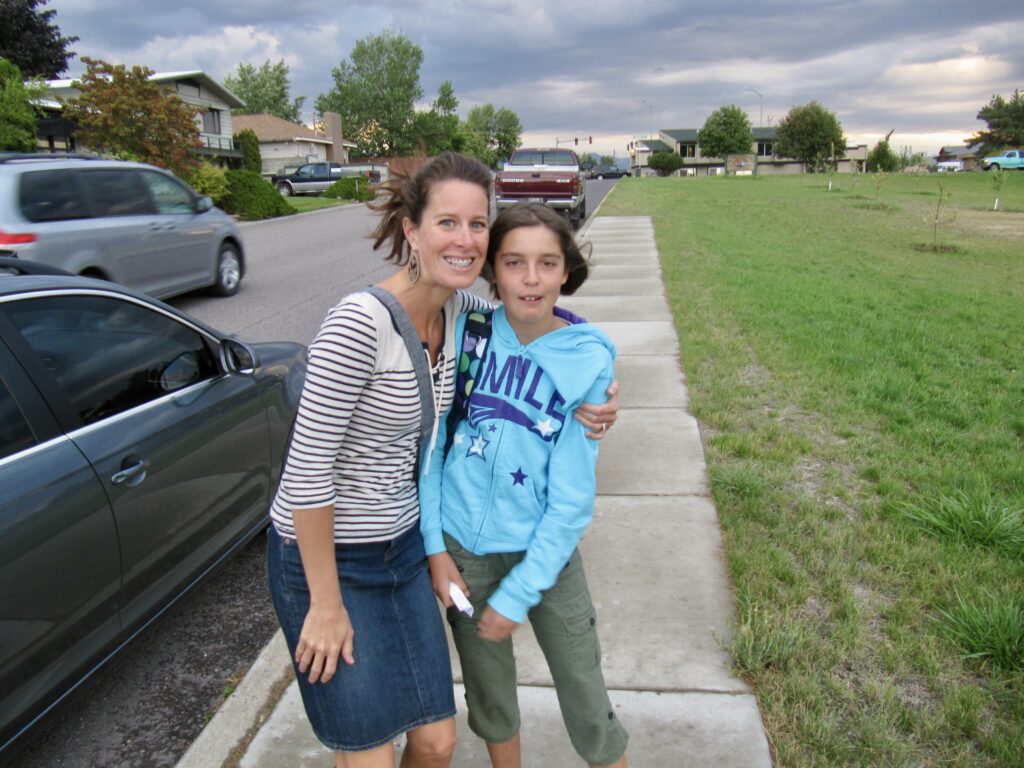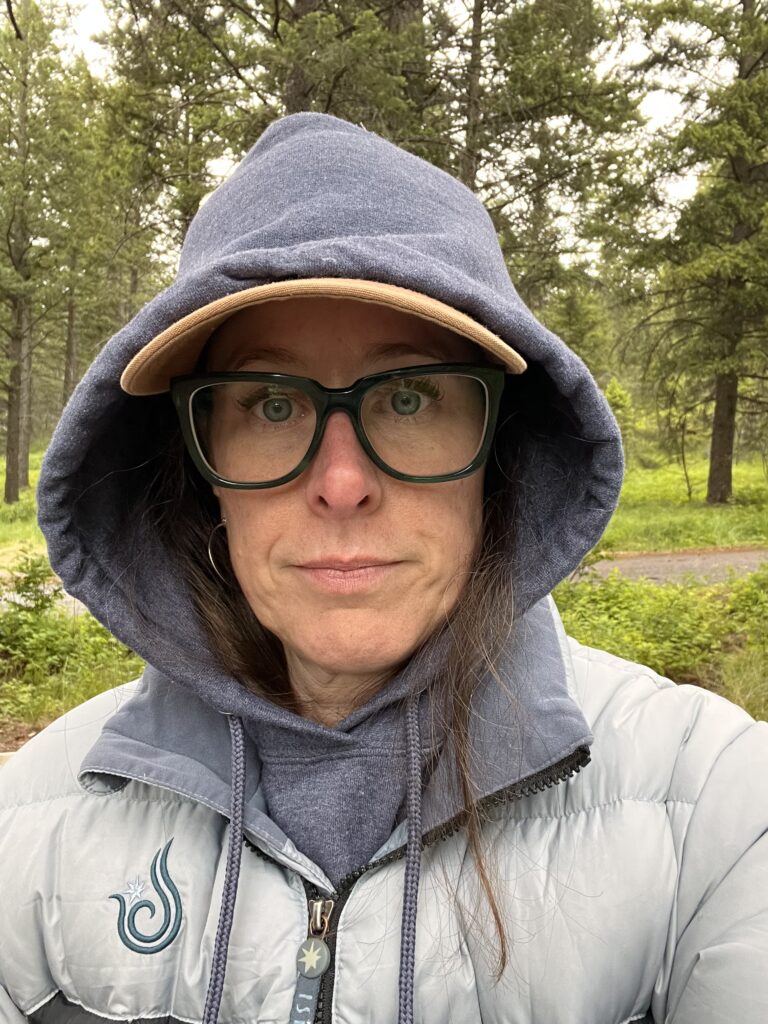In January, doing a triathlon in 2025 wasn’t even on my radar.
At the time, I was focused on growing my audience and doubling down on coaching goals. The triathlon came later—as a 90-day challenge that felt exciting, uncomfortable, and new. I wanted something that would grow me, physically and mentally.
I made the commitment.
And then—real life happened.
I traveled. I had a plan for working out while I was away: swimming with my sister at her community pool and riding her Peloton. But her subscription had lapsed. No Peloton access.
My parents had bikes—but neither of them fit properly. I tried. My knee protested.
Still, I managed a few runs. And I made a decision: I’d walk 10,000 steps a day, every day. That would be my new minimum.
It wasn’t ideal.
It wasn’t the plan.
But it kept me moving.
When I got home, I was ready to dive back in—and then, bam: a massive headache and neck spasms from too many hours with poor ergonomics at my computer.
Another week without working out.
This was not on my BINGO card.
But honestly? Neither was doing a triathlon this year.
And that’s the part I keep coming back to.
Progress Doesn’t Have to Be Perfect
As a coach—I’ve seen how often people throw out the whole goal because something didn’t go exactly right.
We get this idea that if we can’t do it perfectly, we shouldn’t do it at all.
But perfection is a trap.
Real progress looks like:
- Walking when you can’t bike
- Not pushing through when your neck is spasming
- Adjusting instead of quitting
In nursing, you already know how often plans change—shifts run late, patients decompensate, charting takes longer than expected. You adapt on the floor every day.
This is the same muscle, applied to your goals.
What You Can Do Counts
I didn’t do my scheduled workouts.
But I walked.
I noticed my negative thoughts and redirected them.
I kept going.
Even here, in the messy middle, I stayed committed. And that’s what matters.
Whether your goal is to get stronger, change careers, set boundaries, or simply enjoy your life more—it won’t always go according to plan.
But you don’t need to give up when the plan changes.
You just need to keep going.
When Things Don’t Go According to Plan
Here’s how to stay in the game:
1. Adjust the plan, not the goal.
Find a Plan B (or C, or D). The original plan is not sacred.
2. Acknowledge setbacks without making them mean something about you.
A week off doesn’t mean you failed. It means you’re human.
3. Do what you can, not what you wish you could.
Walking counts. Rest counts. Starting again counts.
4. Ask: what can I learn from this?
Did you over-schedule? Skip recovery? Miss a red flag? Learn and adjust.
5. Keep the door open.
Don’t let a setback shut you down. Stay in motion—mentally, physically, emotionally.
This Is What Resilience Looks Like
Not pushing through pain.
Not doing it perfectly.
Not proving your worth through grit and grind.
Resilience is the willingness to keep going—with gentleness, creativity, and intention.
And if your goal needs to take a slightly different shape to match your real life?
That doesn’t make you weak.
That makes you wise.
Your Turn
- What’s one goal you’ve adjusted or almost given up on?
- What’s something you can do today to stay connected to it?
For Logan Health employees: Coaching is covered through your benefits. Want help staying consistent with your goals (even when life throws curveballs)? you can book a coaching session here—I’d love to work with you.
Not a hospital employee? You can still book a free consultation to explore coaching with me here.



